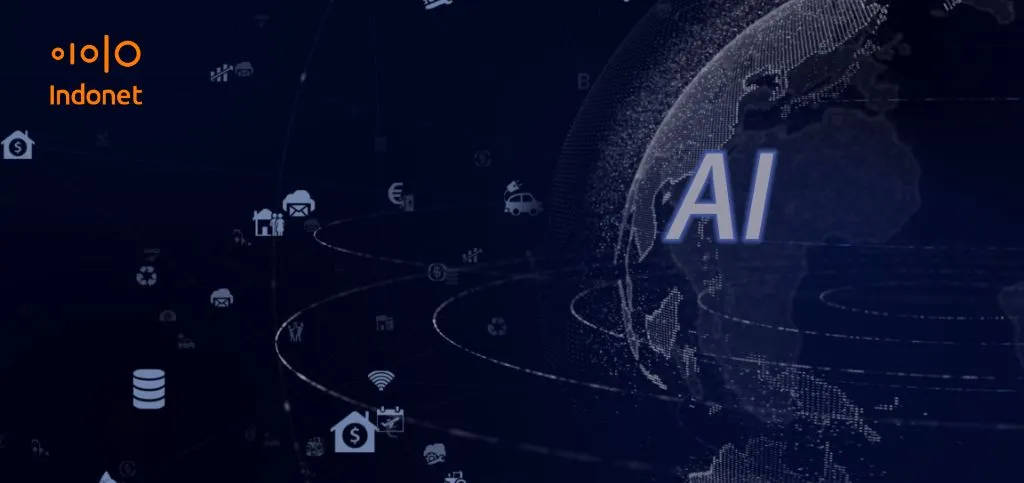Artificial Intelligence (AI) has been part of our daily lives for years such as recommendation engines, chatbots, predictive analytics. But lately, a new term has been making waves: Agentic AI. Many have heard of it, but what exactly does it mean, and how is it different from “regular” automation?
Let’s break it down in simple terms.
Automation vs Agentic AI: The Key Difference
Traditional automation works by following a fixed set of rules. It simply does what it’s told, nothing more. For instance, a basic chatbot that responds only with pre-defined answers. Agentic AI, on the other hand, goes beyond rigid instructions. Acting more like an “agent,” it can observe, reason, make decisions, and adapt to new contexts, often without explicit programming. If automation is like a calculator that runs the formula you provide, agentic AI is like a junior colleague: it understands the goal, figures out the best steps, and adjusts when something changes.
Real-World Use Cases of Agentic AI
In customer support, agentic AI doesn’t just answer FAQs, it can analyse tone, pull data across multiple systems, and escalate complex cases automatically. In healthcare, it cross-checks symptoms, patient histories, and the latest research, then proposes treatment options tailored to each individual. In banking, while traditional systems only flag transactions that match preset “suspicious” patterns, agentic AI adapts in real time to identify emerging fraud tactics. In smart factories, it goes beyond assembly line automation by monitoring sensors, predicting machine failures, and autonomously adjusting production schedules to avoid downtime.
Pros and Cons of Agentic AI
The strengths of agentic AI are clear: it adapts without constant reprogramming, handles complex tasks end-to-end with greater efficiency, scales across multiple processes simultaneously, and delivers better decisions by incorporating context and real-time data. However, it also comes with challenges. Designing and monitoring these systems is more complex than rule-based automation. Decision-making can feel like a “black box” without explainability tools. It requires higher costs for computing and skilled oversight. And without careful governance, it may take actions misaligned with human values.
Why It Matters for Businesses
Agentic AI signals a shift from machines that merely follow instructions to machines that collaborate. For enterprises, this means new opportunities to enhance customer experience, boost efficiency, and drive innovation. At the same time, it introduces new responsibilities in governance, security, and trust. Just as the move from manual processes to automation reshaped industries, the leap from automation to agentic AI will redefine how businesses operate in the years to come.
Conclusion
Agentic AI is more than just a buzzword, it’s the next step in AI evolution. Unlike traditional automation, it can adapt, reason, and act with a higher level of independence. While still emerging, its potential in sectors such as healthcare, finance, and manufacturing is enormous. Indonet enables enterprises to prepare for this AI-powered future with secure data centers, low-latency connectivity, and reliable digital infrastructure, the foundation required for advanced solutions like agentic AI to thrive. The future isn’t just automated. It’s agentic.






